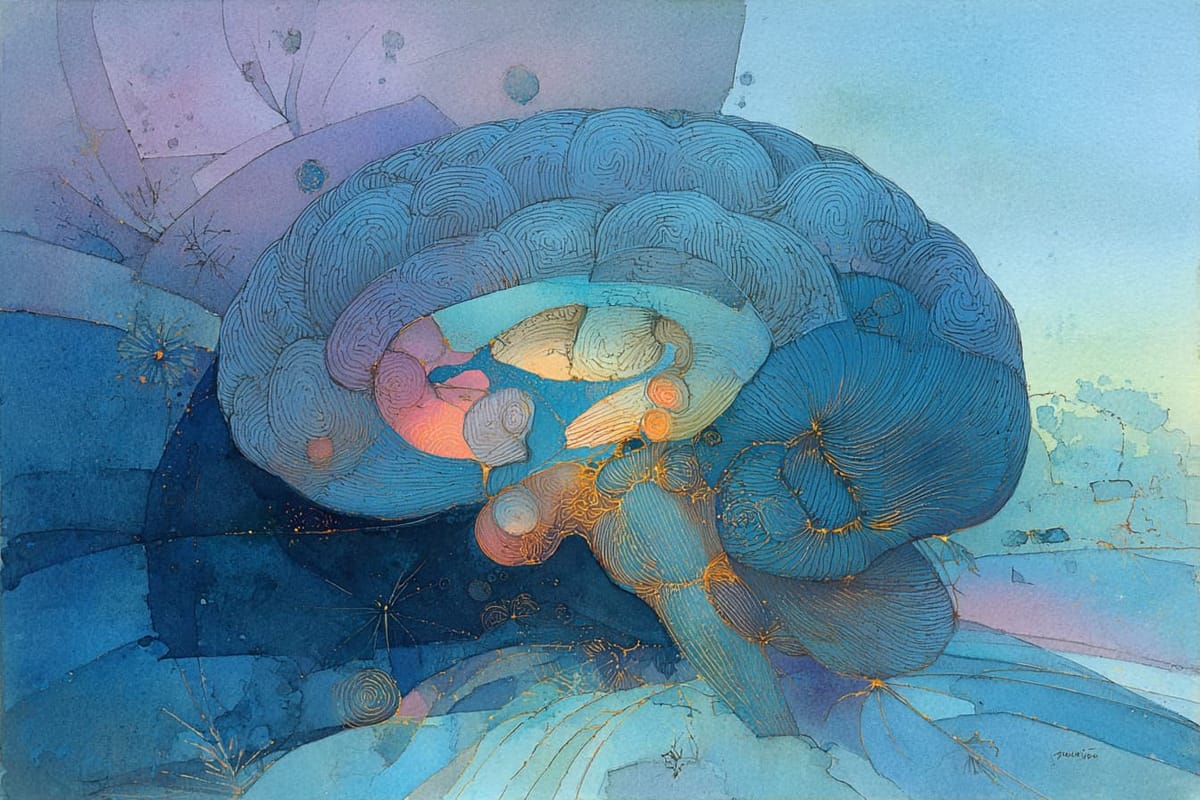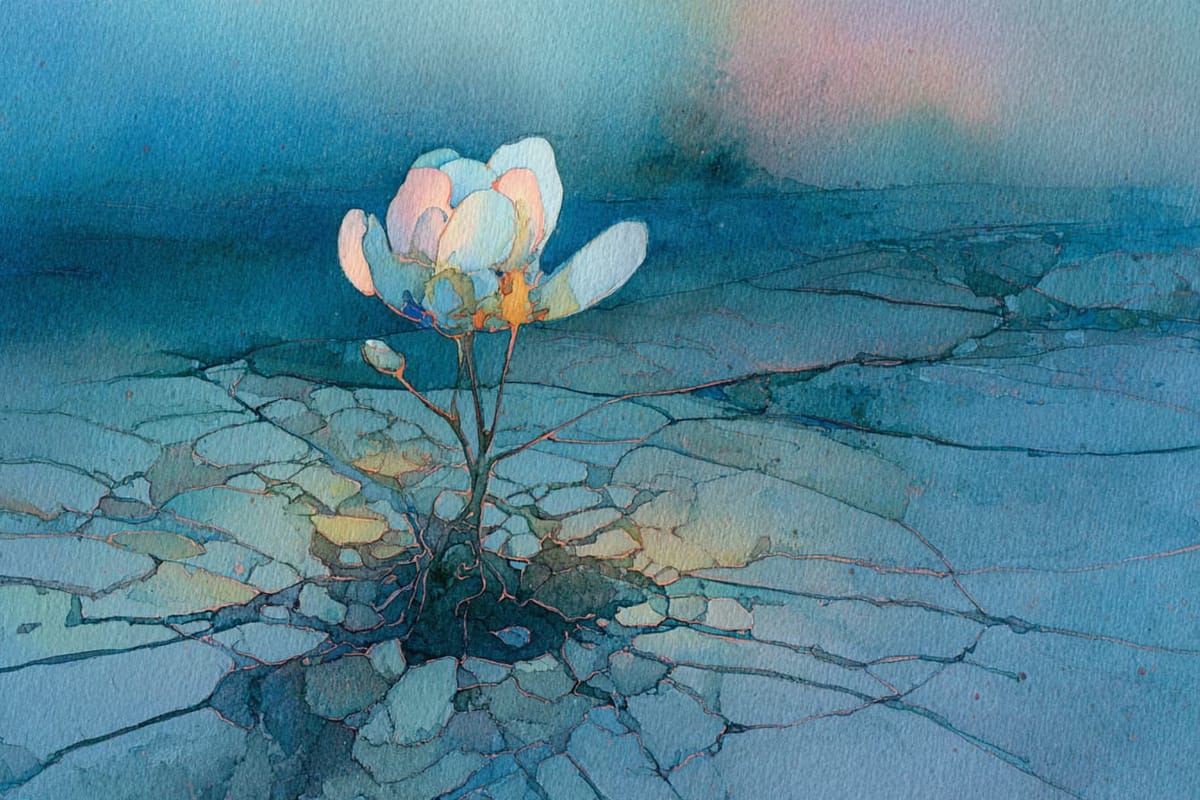Confronting Mortality
Holding hope.

I've never really considered how long I might live until recently.
My husband said, "You just bought yourself 40 years." He is assuming that discovering my brain tumor now might have prevented something catastrophic later, like a stroke or irreversible damage.
The tumor is complex, and doctors suggest a long recovery, but they expect that I'll eventually be okay.
I've always imagined living into my 80s. There's a lot of longevity in my family: my grandma lived to 100 years old.
However, this diagnosis has shifted my perspective on my life expectancy. There's a possibility the surgeon might not be able to remove the entire tumor. If that's the case, I might get radiation. Or the surgeon could take a wait-and-see approach to see if it continues to grow or just shrivels up inside my head. Or it could return.
I also worry about the potential discovery of another tumor elsewhere in my body. I've never been a person who focuses on the worst-case scenarios, but now they're all I can think about.
At 41 years old, I never expected to face such a medical crisis.
The night my tumor was found in the ER, I feared it was brain cancer and that my life might be cut short. I had a 45-minute MRI and could do nothing except lie still and think. I began contemplating what I could do with the time I had left, especially with my kids.
Earlier this week, I saw my primary care provider for my annual exam. It felt weird to go, but it was booked weeks ago. My neurosurgeon's office told me to keep the appointment.
The exam started with a medical assistant taking my vitals and then informing me that she had a few questions for a depression screening. I said, "Uhhhh... can we skip that? I'm having brain surgery next week, so my answers aren't going to be indicative of how I usually feel."
My PCP was the one who called me late on a Friday evening and told me to go to the ER after my CT results showed the mass on my brain. She asked me, "How are you doing?" And I responded honestly, "Not well." I have an as-needed prescription for Xanax, and she suggested increasing the dose for the remaining week to help manage my anxiety.
She also tried to reassure me, saying, "You will be fine. I know it. You have everything in your favor. You're young and otherwise healthy. This is just a slight speed bump."
She acknowledged with a smile that she sounded more like a mother than a doctor, and gave me a hug as she left the room.
Everyone around me seems more confident than I am. It reminds me of the days leading up to my daughter's birth: my rainbow baby, a baby born after loss. I couldn't believe that I would bring a living baby home, despite everything pointing to a positive outcome.
At the time, a friend said to me, "I know you can't hope right now. So let other people hold hope for you."
As I approach surgery, I rely on others to hold hope for me, believing things will be fine. Personally, I won't fully believe it until I wake up on the other side.


